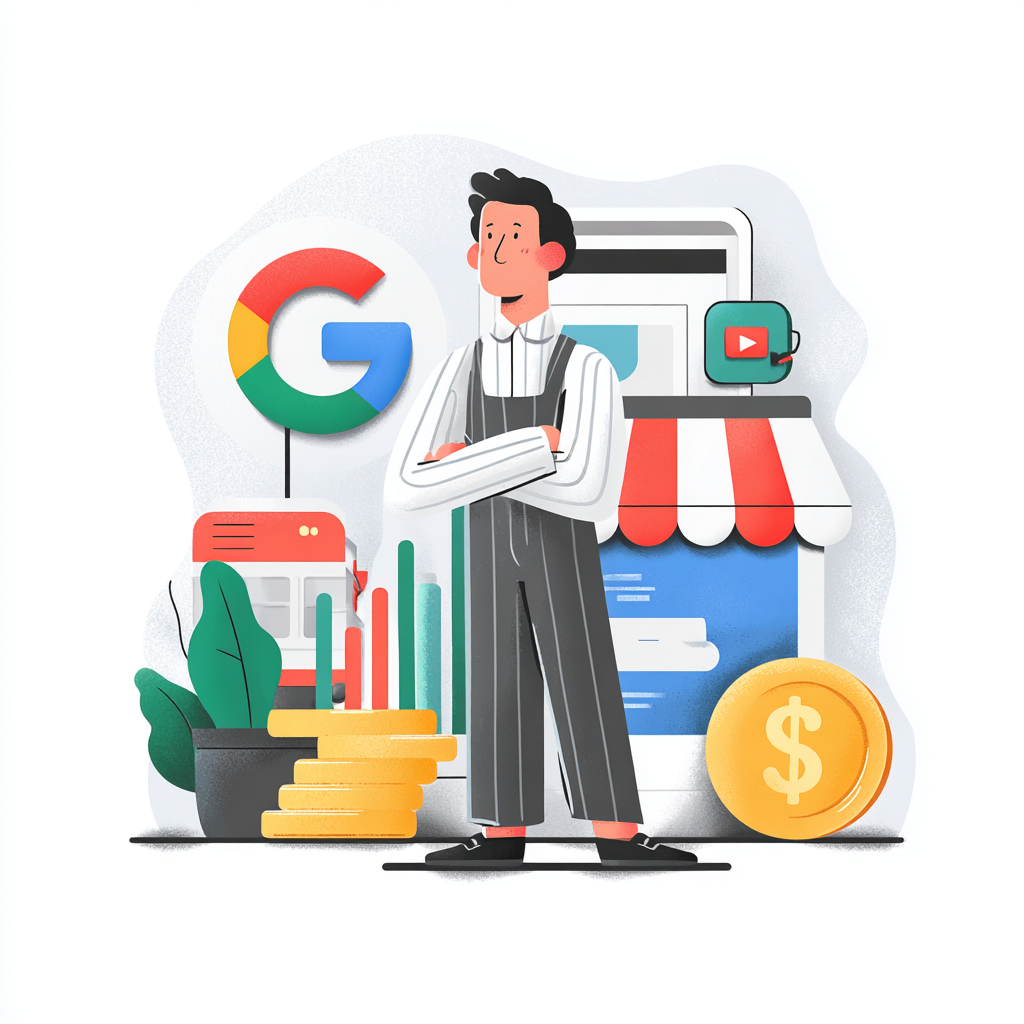Imagine marketing as a steam engine train – slow, steady, and bound by limitations. Now, picture that train evolving into a high-speed bullet train, racing ahead with precision, intelligence, and automation. That’s precisely what Artificial Intelligence (AI) and Machine Learning (ML) have done to marketing.
Gone are the days of guesswork and manual campaign optimizations. Today, AI-powered algorithms predict consumer behavior, craft hyper-personalized content, and automate decision-making at lightning speed. Marketers who once relied on traditional methods are now harnessing the power of machine learning to fine-tune strategies, drive conversions, and maximize ROI like never before.
So, how exactly is AI and ML reshaping the marketing landscape? It’s time to find out.
AI Revolution in Marketing
Traditionally, marketing strategies relied heavily on intuition, past experiences, and manual data analysis. However, with AI and ML, brands can now harness vast amounts of data in real time to create hyper-targeted campaigns that drive engagement and conversions.
Businesses in the marketing industries are increasingly adopting and implementing AI and ML technologies in some or another, and most of these companies are using them for personalization and gaining customer insights. So, if you are someone looking to have a steady career in the marketing industry, you can consider enrolling in AI and machine learning courses to learn these advanced technologies and implement them in your marketing strategies.
Role of AI and ML in Transforming Marketing
AI and ML have revolutionized marketing, turning it into a data-driven powerhouse where decisions are faster, smarter, and more effective. Traditional marketing relied on historical trends and manual optimizations, but AI now enables real-time data analysis, automation, and personalization at scale.
1. Personalization with Predictive Analytics
Consumers today expect personalized experiences, and AI-powered predictive analytics make it possible. Machine learning algorithms analyze past behavior, preferences, and engagement patterns to predict what a customer might need next. This enables brands to deliver tailored product recommendations, dynamic pricing strategies, and hyper-personalized messaging. Whether it’s Netflix suggesting your next binge-worthy series or an e-commerce site curating a personalized shopping list, AI makes marketing feel like a one-on-one conversation rather than a mass broadcast.
2. Chatbots and AI-Powered Customer Support
Customer service has seen a dramatic shift with AI-powered chatbots. These intelligent assistants provide 24/7 support, handling queries, resolving issues, and even processing transactions with minimal human intervention. Advanced AI chatbots leverage natural language processing (NLP) to understand customer intent, making interactions more human-like and engaging. LLM fine-tuning further improves these responses for even greater accuracy in every interaction.
3. Automated Content Generation
AI isn’t just analyzing data; it’s also creating content! Tools like OpenAI’s ChatGPT and other AI-driven platforms help marketers generate blog posts, social media captions, email copies, and even video scripts. This automation speeds up content production while maintaining high engagement levels.
4. AI-Powered Email Marketing
Email marketing has become smarter and more efficient with AI. Instead of sending generic mass emails, AI-driven email platforms analyze recipient behavior and engagement patterns to personalize content, subject lines, and sending times.
5. AI-Driven Ad Targeting
Gone are the days of manually selecting audience demographics for ads. AI now takes ad targeting to the next level, analyzing massive datasets to identify the best audience segments based on real-time user behavior, interests, and online activity. Platforms like Google Ads and Facebook Ads leverage AI-powered algorithms to optimize bidding strategies, suggest ad placements, and maximize ROI.
6. Voice Search Optimization
With the rise of voice assistants like Alexa, Siri, and Google Assistant, optimizing for voice search is now crucial. AI-driven voice search optimization focuses on natural language processing, long-tail keywords, and conversational search queries. Unlike traditional text-based searches, voice queries are more question-based, requiring marketers to adapt their SEO strategies accordingly.
7. Sentiment Analysis
Understanding customer emotions is key to crafting impactful marketing strategies, and AI-driven sentiment analysis makes it possible. AI detects positive, negative, and neutral sentiments in real-time by analyzing social media comments, customer reviews, and online conversations. This allows brands to gauge public perception, respond proactively to negative feedback, and adjust marketing campaigns accordingly.
Final Thoughts
So, it is clear from the above section that the implementation of AI and ML can significantly improve your marketing game. This is why these technologies are becoming increasingly popular among the marketers.
There is no point in waiting; explore your options and enroll in AI ML course, which can be a great boost to your tech career and help you thrive in today’s world of digitalization.








